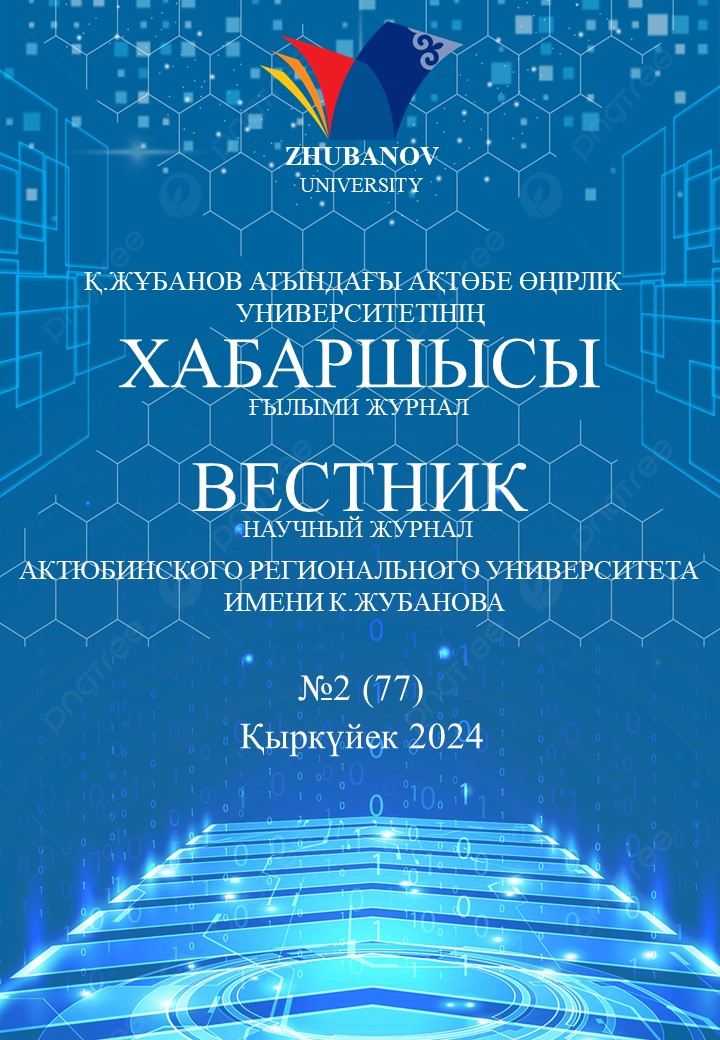The article is devoted to the study of the physico-chemical properties of light water and its effect on plant growth and development. The author focuses on the fact that water does not occur in nature in its pure form, since it always contains various chemical elements. The types of water are considered: chemically and physically bound, as well as free water. Special attention is paid to the isotopic composition of water, including heavy water, and its physical characteristics such as density, boiling point and melting point. An experiment on the effect of light water depleted with deuterium on the growth of indoor roses is described. The study showed that plants watered with light water develop better compared to control groups watered with ordinary water. The author provides data on the results of plant growth for 12 weeks, which confirms the unique properties of light water, which helps to improve the condition of plants. In addition, an analysis of the chemical composition of drinking water and a phytochemical analysis of the content of flavonoids in plants watered with various types of water is provided. In conclusion, it is emphasized that light water has significant advantages over conventional water, which makes it promising for use in agriculture.
GEMPEL К.А.
The article is devoted to the study of the physico-chemical properties of light water and its effect on plant growth and development. The author focuses on the fact that water does not occur in nature in its pure form, since it always contains various chemical elements. The types of water are considered: chemically and physically bound, as well as free water. Special attention is paid to the isotopic composition of water, including heavy water, and its physical characteristics such as density, boiling point and melting point. An experiment on the effect of light water depleted with deuterium on the growth of indoor roses is described. The study showed that plants watered with light water develop better compared to control groups watered with ordinary water. The author provides data on the results of plant growth for 12 weeks, which confirms the unique properties of light water, which helps to improve the condition of plants. In addition, an analysis of the chemical composition of drinking water and a phytochemical analysis of the content of flavonoids in plants watered with various types of water is provided. In conclusion, it is emphasized that light water has significant advantages over conventional water, which makes it promising for use in agriculture.
- Пятов Е.А., Сергазина С.М., Нурмуханбетова Н.Н. Химия и физиология воды. Учебное пособие. Кокшетау. «Мир печати». 2020. С.95.
- Антонченко В.Я. и др. Основы биофизики воды. Киев. «Наукова думка» 2011. С. 180.
- Пятов Е.А., Сергазина С.М., Лоскутова Г.А. // Легкая вода в Казахстане. ФГБОУ ВО «Алтайский гос.тех.университет им.И.И.Ползунова». Ползуновский вестник. №3. 2016. С.28-31.
- Маленков Г.Г. Структура и динамика жидкой воды. Журнал структурной химии, 2006. Т.47. С.5-35.
- Уоттерсон Д.Г. Роль воды в функции клетки. Биофизика. 1991. Т.36. №1. С.5.
- Сергазина С.М., Пятов Е.А. Камзе А.Р. // Щучье–Бурабай курорттық аймағының жер асты және жер үсті суларының химиялық құрамың зерттеу. Вестник КГУ им. Ш. Уалиханова №3. 2020. С.76-86.
- Сергазина С.М., Токтабаева З. К., Нурмуханбетова Н.Н., Фахруденова И.Б. //Исследование физико- химических характеристик «Легкой воды» г. Кокшетау. «Химия ғылымы мен химиялық білім берудің ӛзекті мәселелері» Республикалық ғылыми конференция. Л.Н. Гумилев атындағы ЕҰУ. С.110-115. 04.04.2022.


